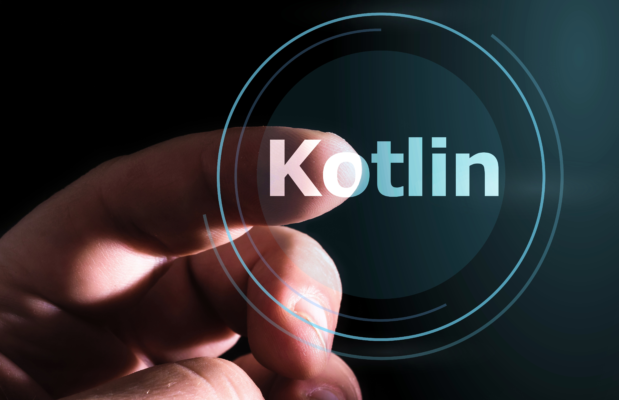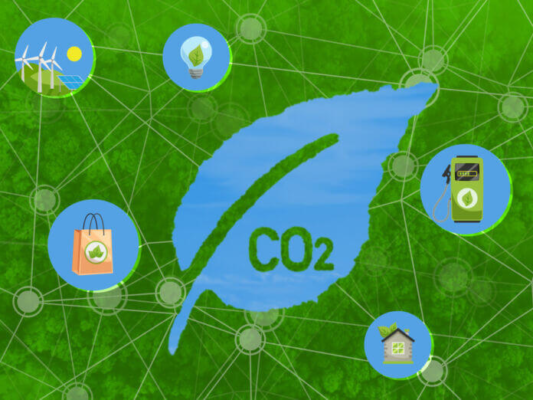TypeScript 5.7 arrives with improved error reporting
Also in TypeScript 5.7 is a new compiler option, –rewriteRelativeImportExtensions. When an import path is relative and ends with a TypeScript extension (.ts, .tsx, .mts, .cts), and it is a non-declaration file, the compiler will rewrite the path to the corresponding JavaScript extension (.js, .jsx, .mjs, .cjs). This allows for writing TypeScript code that can […]
Read MoreA GRC framework for securing generative AI
Web-based AI tools – Web-based AI products, such as OpenAI’s ChatGPT, Google’s Gemini, and Anthropic’s Claude, are widely accessible via the web and are often used by employees for tasks ranging from content generation to research and summarization. The open and public nature of these tools presents a significant risk: Data shared with them is […]
Read MoreGolioth’s Free Zephyr Training in December
Learn how to work with Zephyr RTOS from Golioth experts without leaving your home! As the fastest-growing RTOS, Zephyr is well worth learning, but most people need a little help getting started. Golioth’s next free live and hands-on Zephyr training workshop happens online on December 4th, 2024. Our training is self-guided, using a Docusaurus-based document site that’s available to anyone […]
Read MoreSpin 3.0 supports polyglot development using Wasm components
Spin 3.0 also includes an experimental flag, spin up –component-id, that lets developers specify which components to run from a Spin application, and it features deeper integration with WASI (WebAssembly System Interface) standards Spin 3.0, bringing support for the WASI Key-Value and WASI Config APIs. This support is a step toward bringing into Spin WASI […]
Read MoreSucceeding with observability in the cloud
Complexity makes observability a necessary evil The complexity of modern cloud environments amplifies the need for robust observability. Cloud applications today are built upon microservices, RESTful APIs, and containers, often spanning multicloud and hybrid architectures. This interconnectivity and distribution introduce layers of complexity that traditional monitoring paradigms struggle to capture. Observability addresses this by utilizing […]
Read MoreTransforma Insights Announces IoT Transition Topics for 2025
Every year Transforma Insights publishes its list of IoT ‘Transition Topics’ highlighting where we expect to see seismic change occurring during the year. This year the list focuses on the application of Artificial Intelligence to IoT, the shift towards 5G, changing commercial dynamics and the growing impact of IoT regulations. The Transition Topics will form […]
Read MoreKotlin for Java developers: Classes and coroutines
fun StarWarsMovie.releaseYear(): Int { val year = release_date.substring(0, 4) return year.toInt() } val newHope = StarWarsMovie(“A New Hope”, 4, “1977-05-25”) val releaseYear = newHope.releaseYear() println(“The release year of A New Hope is $releaseYear”) In the above example, we’ve defined a new method on the class, called releaseYear(). Note that we defined it directly on the […]
Read MoreKotlin for Java developers
Add the following dependency to the dependencies section of /app/build.gradle.kts: implementation(“com.google.code.gson:gson:2.9.1”) This lets us handle the JSON we’ll get back from the API. Now, if we run the app we’ll see some information about Chewbacca: $ ./gradlew run > Task :app:run Name: Chewbacca Height: 228 Hair color: null Eye color: null BUILD SUCCESSFUL in 2s […]
Read MoreFrom Breakdown To Breakthrough: Leveraging IoT For Predictive Maintenance
Owners, operators, engineers, and project managers working in industrial settings recognize the importance of performing maintenance regularly to reduce the total cost of ownership of their equipment and reduce downtime. Instead of maintaining equipment reactively, it’s best to take a predictive maintenance approach so you can work proactively. This is why many facilities deploy IoT […]
Read MoreHow IoT Can Aid Companies Falling Behind on Emissions Targets
A recent sustainability study commissioned by NTT and conducted by ThoughtLab Group revealed some grim data points for global corporate emissions goals: 68 percent of survey participants self-reported being behind on their net-zero carbon emissions goals but additional analysis revealed the true number may be closer to 95 percent. Why? Emissions reductions follow an S-curve […]
Read More










